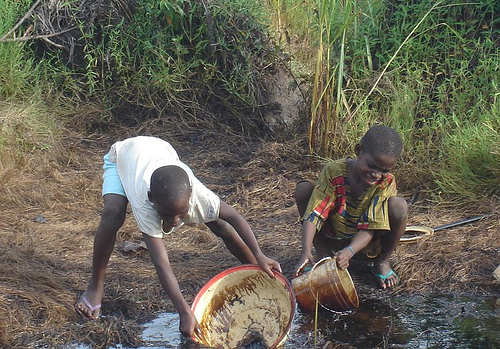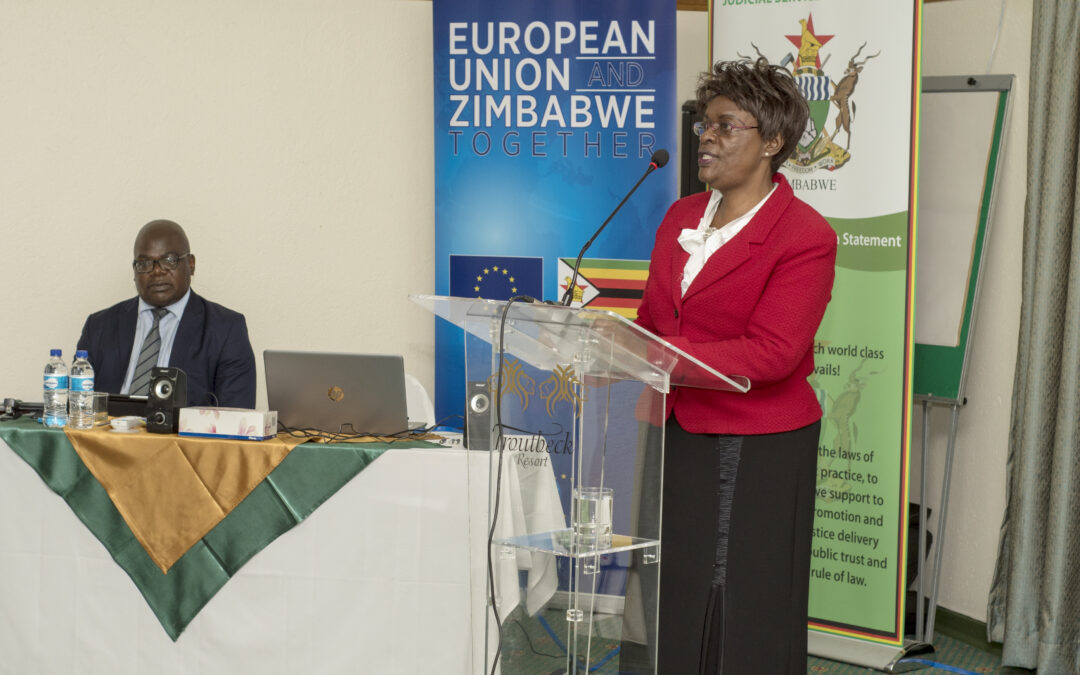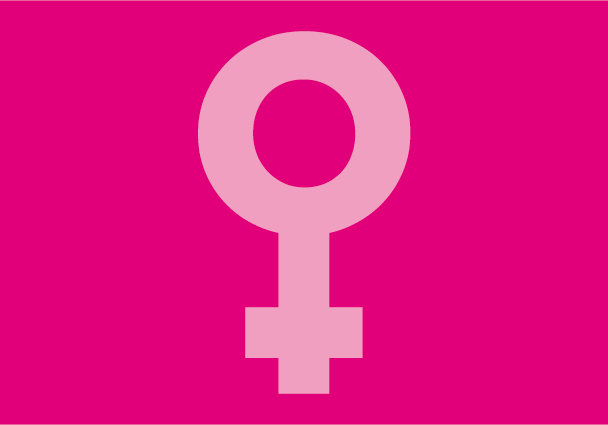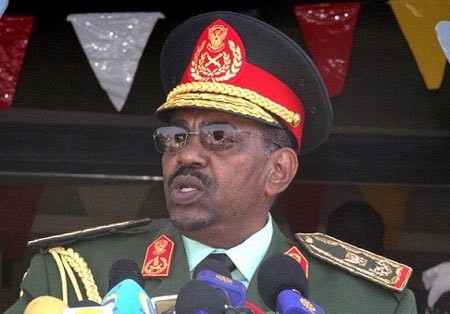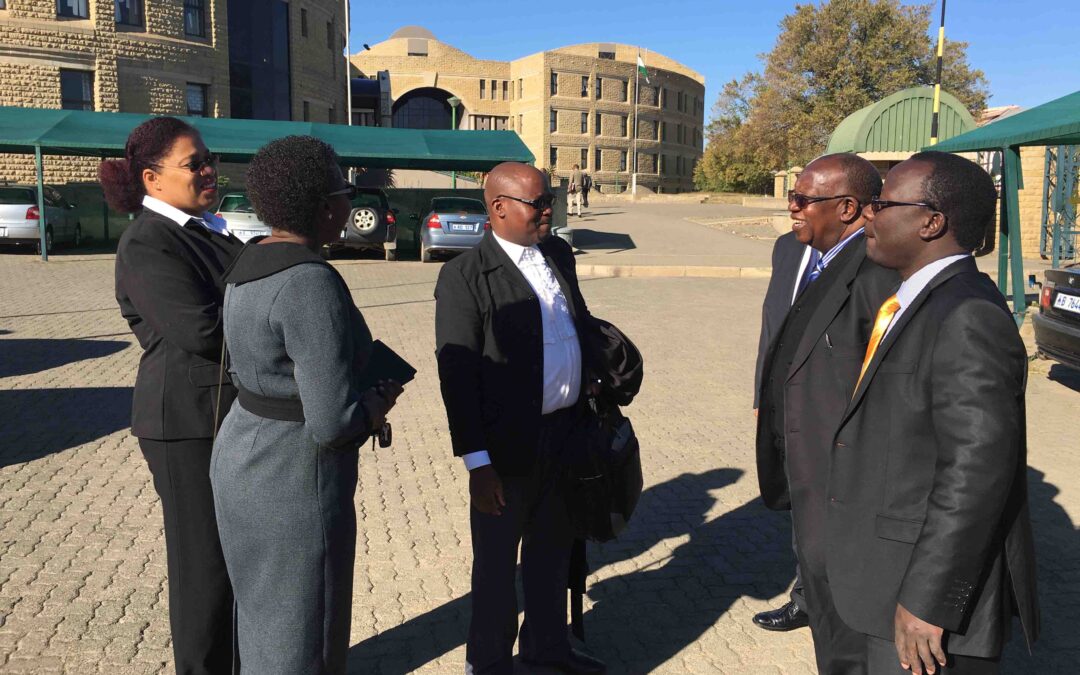
Lesotho: authorities must ensure the independence of the judiciary and reopen the Court of Appeal
The Africa Judges and Jurists Forum (AJJF) and the ICJ today called on the authorities in Lesotho to guarantee the independence of the judiciary and to immediately take all legal and administrative measures necessary to make the Court of Appeal function independently and impartially.
The call came as the AJJF and ICJ concluded a 5-day Fact Finding Mission to Lesotho (7-12 May 2018).
The mission emphasized the importance of the Lesotho authorities ensuring that the constitutional and legal framework on the selection, appointment and tenure of judges and the actual practices conform to the international obligations of Lesotho pursuant the international human rights treaties to which it is party, as well as other applicable international standards.
“During our mission we were troubled to discovered that the Court of Appeal has not sat in the past two of its scheduled sessions and with the current impasse we are concerned that it may not convene anytime soon,” said Retired Chief Justice Othman Chande of Tanzania who led the AJJF/ICJ mission.
“We also found that the Prime Minister had initiated a process that may result in the impeachment of the Chief Justice under controversial circumstances,” he added.
The AJJF and the ICJ have been concerned for a number of years about threats to judicial independence in Lesotho.
The ICJ carried out a fact finding mission in 2013 exposing and evaluating some of these concerns. The report of the mission contained specific recommendations.
The AJJF and the ICJ are concerned that most of the recommendations that were made to address structural issues to do with guaranteeing the independence of the judiciary at law and in practice have not been implemented or otherwise addressed.
The appointment of the Chief Justice and the President of Court of Appeal is made by the King on the singular advice of the Prime Minister.
Any impeachment of the Chief Justice and the President of the Court of Appeal is also initiated by the Prime Minister.
These arrangements do not comport with international standards and give rise to the perception that the appointment of judicial officials and any impeachment action against them will be politically motivated.
This has also lead to friction or strong perception of friction between the Executive and the Judiciary in a deeply polarized society.
The appointment process of the President of the Court of Appeal has been subject to prolonged political dispute and litigation that has resulted in a leadership vacuum at the appex court that has made it dysfunctional.
The result is that all litigants who expect justice from the Court of Appeal have years of waiting before they can get their matters resolved.
While the case challenging the appointment of an acting President of the Court of Appeal is presently set down for hearing at the High Court in the coming weeks, it is not clear that this adjucation will conclude the legal process and pave way for the appointment of the acting President of the Court of Appeal.
The appointment of ordinary judges of the High Court is done by the King on the advice of the Judicial Services Commission (JSC), which is chaired by the Chief Justice chairing a panel of only four people comprising the Chief Justice herself, Chairperson of the Public Service Commission, the Attorney General and one Judge.
All these officials are effectively appointed by the Prime Minister or closely work with the Chief Justice, resulting in an appointment process of judges of the High Court that lacks transparency and is perceived as open to cronyism.
“It is important that the legal profession and the judiciary speak strongly in defence of independence of the judiciary, but currently the legal profession is deeply divided, distrustful and polarized,” said Retired Chief Justice Sakala (Zambia).
“It is therefore important that a practice of regular bar-bench dialogue be initiated to reduce toxic relations that are being exploited to undermine judicial independence,” he added.
The broader reforms that were recommended by the SADC Commission of Inquiry to strengthen governance in Lesotho have not been wholly implemented.
The country needs broad reforms including in the judicial sector, but these reforms have been threatened or at least slowed down significantly by the instability in the successive coalition governments that make it impossible for the reforms to be carried out when the country is in a constant electoral mode.
The AJJF/ICJ mission hopes that the ongoing efforts to impeach the Chief Justice will fully respect her right to a fair hearing as stipulated in international obligations binding on Lesotho and that such efforts will strengthen rather than weaken the rule of law in an already fragile environment.
A report of the mission will be published and made publicly available.
Lesotho-End of Mission statement-News-2018-ENG (full story, in PDF)

